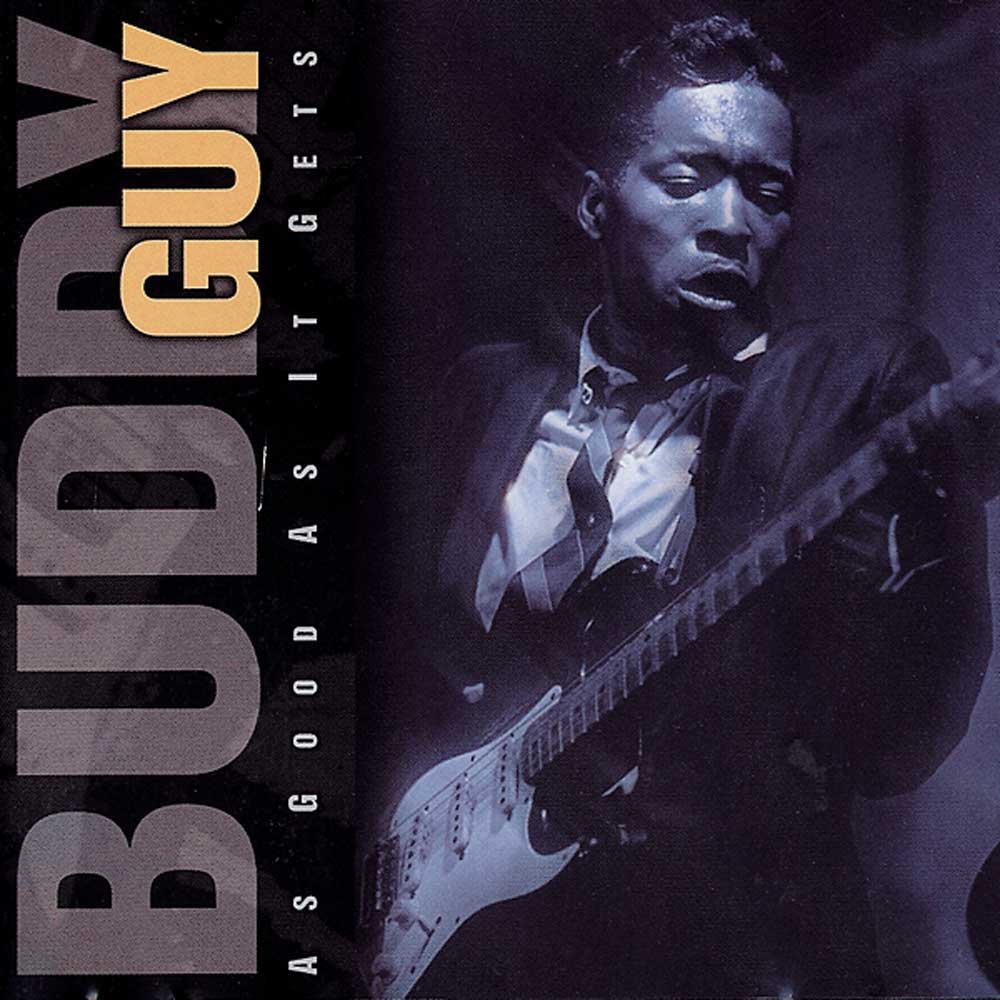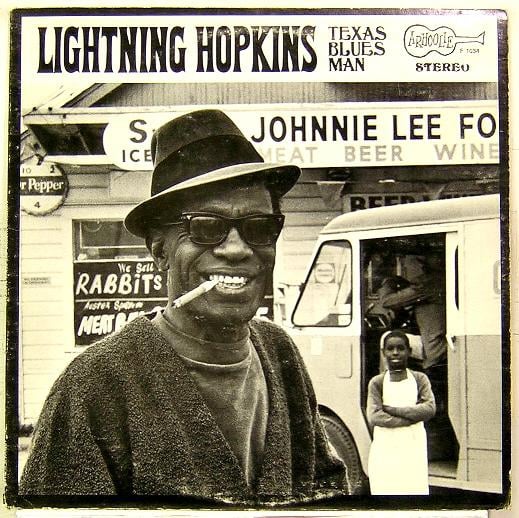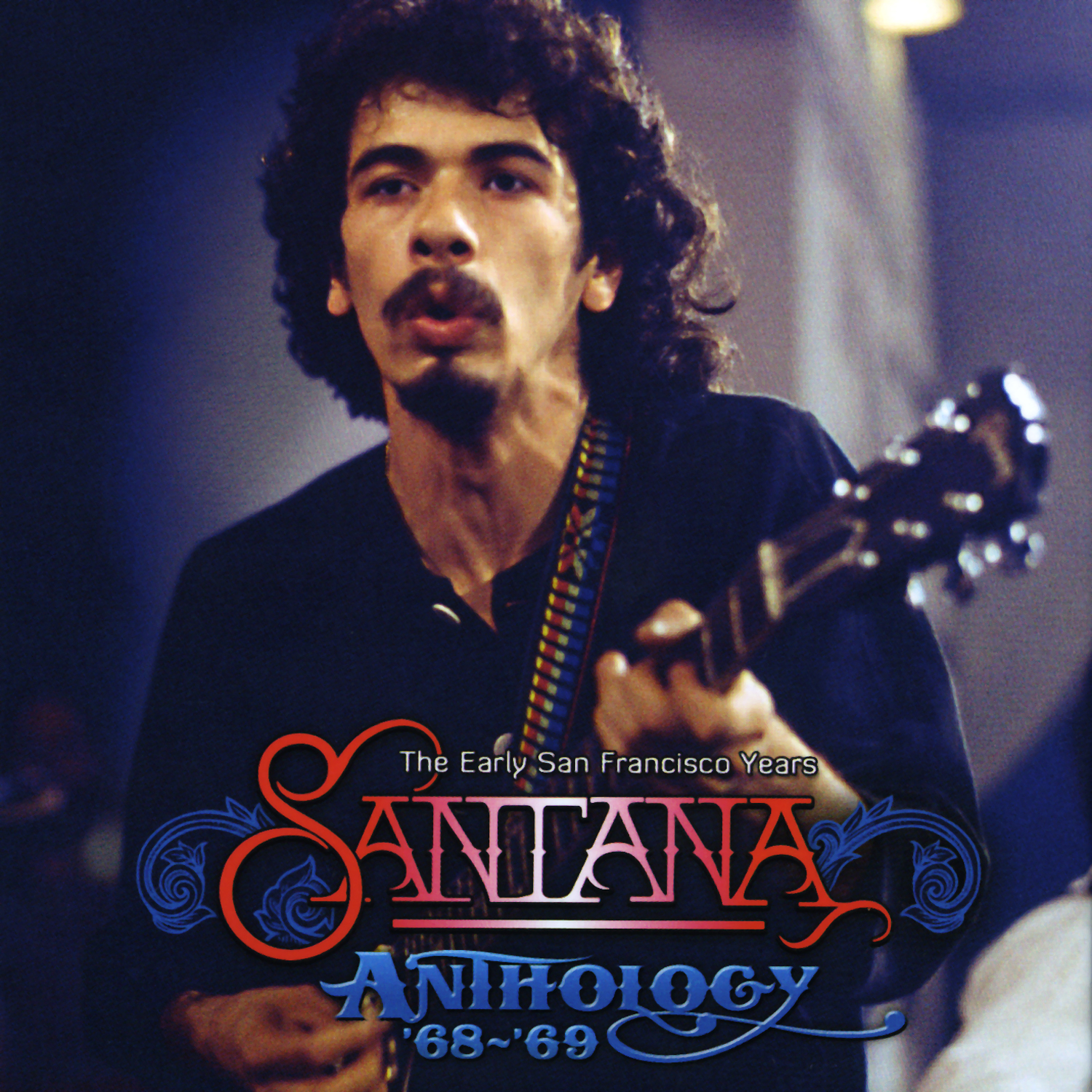The Blues
The Blues is a vocal and / or instrumental musical form which is based on the use of notes sung or played at a low frequency, with expressive purposes, avoiding notes of the major scale and always using a repetitive structure.
The genre emerged in the United States from the seventeenth century, when black slaves in the southern region have done work songs on cotton plantations and other songs related to his religious faith (spirituals). The concept of "blues" only became known after the end of the American Civil War, a period that came to represent the essence of the spirit of the african-american population.
Probably, the "father of the blues" W. C. Handy heard this music for the first time in 1903, when he traveled and watched a man playing his guitar with a pocketknife. The first popular artist of the genre was Charley Patton, in the 1920's. Later, other names such as Son House, Willie Brown, Leroy Carr and Bo Carter emerged.
Looking for better living conditions and opportunities in the beginning 40's, a large part of black Americans emigrated to Chicago, bringing along with them the blues. With the use of electric musical instruments, a massive range of new possibilities opened up, allowing fans to the genre could achieve greater heights.
Muddy Waters, which was a big influence for famous bands such as The Beatles and Rolling Stones: At this time the first blues musician (bluesman) to get recognition outside of England and to have electrified all the instruments of his band emerged.
We can also mention the emergence of other important musicians in this period. Some examples: Willie Dixon, with his traditional acoustic bass and his deep voice and was considered the "poet of the blues" and Howlin 'Wolf, guitarist and harmonica player, was famous for her husky voice.
It is impossible to talk about without mentioning the blues B.B. King. The "king of the blues" was consecrated as a result of having placed the guitar solo as a central element, creating a style of pure, melodic and with unique features.
In the 60s, the genre provided the foundation for the creation of one of the biggest musical styles: rock. Elvis Presley had its origin entirely rooted in the blues. Bands like the Beatles, Rolling Stones and Led Zeppelin were also totally influenced by it.
During the 70s, the style began to lose their space to other genres with electronic elements,
especially the Disco era. In the early 80s, the performances of blues started to become increasingly scarce , because the very fashion of the time rejected their non-commercial trend, coming in contrast to the "Dancing" stage.
However, thanks to American guitarist Stevie Ray Vaughan, the genre gained new strength. The musician began to rewrite the classics and create your own brand, uniting typical elements of Chicago blues like Albert King, BB King and Howlin 'Wolf, to Jimi Hendrix.
After the death of Vaughan, the genre never had the same force as before, gradually being forgotten by the masses from 90's. Due to the commercial appeal of the music industry, unfortunately the blues tooks an increasingly limited extent, something definitely different from what was seen at the time of its creation.
Let's see some of the famous blues bands listed below:
01- Albert Collins

02- Buddy Guy

03- Keith Frank

04- Muddy Waters

05- Johnny Winter
.jpg)
06- Stevie Ray Vaughan

07- Delbert McClinton

08- B.B. King

09- Robert Cray

10- Albert King

11- Eric Clapton

12- Leadbelly

13- Lightnin' Hopkins

14- Robert Johnson

15- John Lee Hooker

16- Elmore James
.jpg)
17- Jimmy Reed

18- Memphis Slim

19- Otis Rush

20- John Mayall

21- Santana

22- Chris Thomas King

23- Willie Dixon

